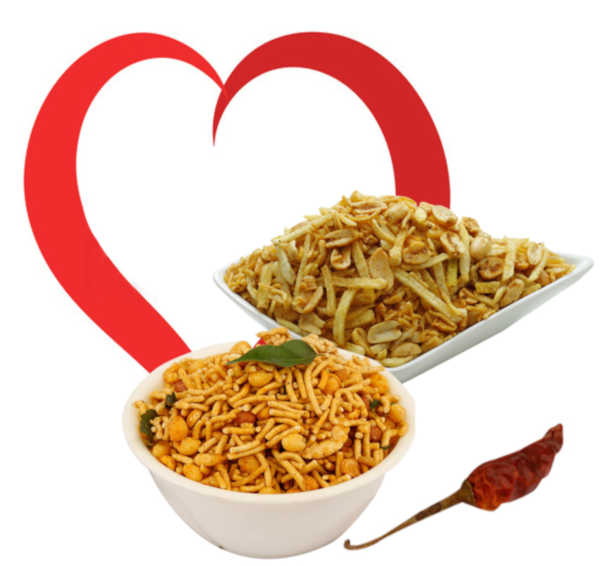FWP:
For background see S. R. Faruqi's choices. This verse is NOT one of his choices; for its unusual interest, and also for the sake of completeness, I have added it myself. For more on Ghalib's unpublished verses, see the discussion in {4,8x}.
In general, Gyan Chand is the one indispensable commentator on the unpublished verses, and here we can see why. When he is baffled, he consults well-known scholars in the field; he treats the resulting ('natural poetry') thoughts politely but not uncritically. Then he provides his own best interpretation, and for that too he presents its problem/flaw [qabaa;hat] along with the points in its favor. This is one of all too few examples of the best kind of commentarial process in action, and I cherish it-- and Gyan Chand-- accordingly. The verse is not exactly clear, and I certainly can't come up with a better interpretation than his.
Nowhere in the published divan does Ghalib mention 'Christians', and for that reason alone this verse is worth our attention. The appeal of a tawny or 'salty' beauty versus that of a fair ('creamy') complexion is explored at length, with many examples, by Faruqi in M{1815,2}.

Zamin:
Now the scribe/copyist has become a chronically shameless debauchee [that is, the text has been miscopied]. [Zamin's text has a.zaaraa .] Now the verse is to be rejected [matruuk].
== Zamin, p. 209